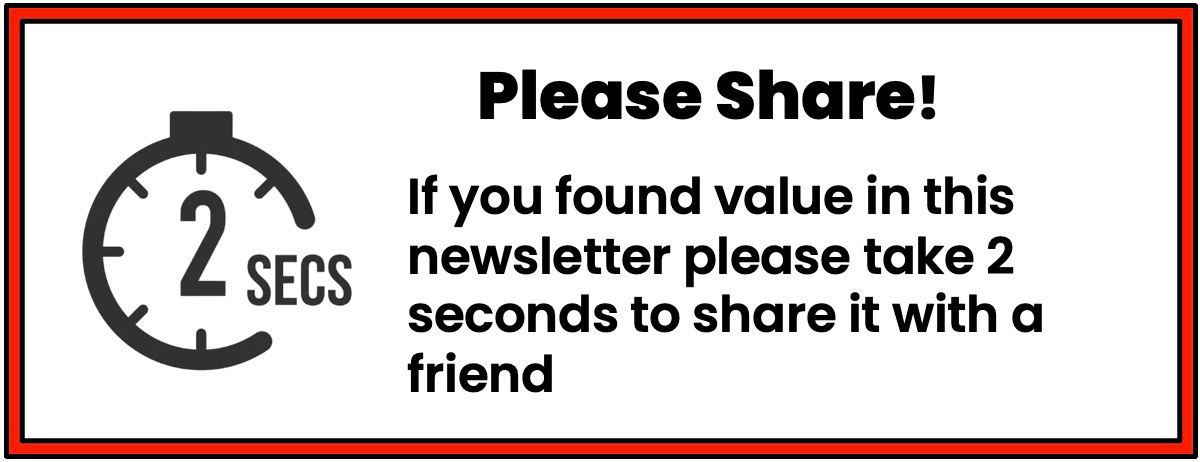The Truth about Tokenization: Many Plumbers, Many Systems
Our tokenized future will not be zero-sum with "one system to rule them all."
Plumbing isn’t zero-sum, there will be many plumbers and many plumbing systems in our tokenized future.
Tokenization is about to replumb the financial system to attain the gains in speed, efficiency, and cost that it promises.
The problem with plumbing is that, from personal experience, every plumber has a different idea of how a job should be done.
Oliver Wyman sees four possibilities for financial replumbing and interestingly seems to think its zero-sum with one plumbing system to rule them all.
In reality, in this massive $30 trillion market, all of these plumbing systems will be in play, and it will be anything but zero-sum.
See my three part series on tokenization:
Tokenization: A $30tn Market Waiting to Happen (Part 1)
Standard Chartered claims that the market for tokenized assets will reach $30.1 tn in ten years, of which 16%, or $4.8tn, will be in trade finance!
👉TAKEAWAYS
Four visions for tokenization’s impact on finance:
🔹 TradFi Evolves: TradFi evolves successfully by embracing DLT such as blockchain. That would require a radical change in the way banks, exchanges, and other financial institutions operate their middle and back offices, potentially bringing major efficiencies and cost savings, but it wouldn't involve a significant change in market structure. This scenario could increase the size and market share of today’s largest players.
🔹 Rise of Digital Intermediaries: Digital intermediaries unencumbered by legacy technology provide investors and borrowers connectivity across various emerging networks. These digital natives could include asset managers who lean heavily on technology. Narrow money tokens like stablecoins, tokenized money market funds, and tokenized government securities could win significant market share.
🔹 Universal networks: the rise of open universal networks, which use interoperable standards and protocols and allow the deployment of institutional-grade decentralized finance (DeFi) to permit competition among a wide variety of money issuers and digital solutions. Such models are already being tested in fintech sandboxes though it may take time for regulators to become comfortable with this approach.
🔹 Sovereign Expansion: sovereign governments take on a much more expansive role. While most governments and central banks that are studying or experimenting with central bank digital currencies (CBDCs) aren’t looking to fundamentally change their roles, crisis or politics may demand that change. (Do you see the fear mongering?!)
👊STRAIGHT TALK👊
I like this paper from Oliver Wyman even if I disagree with some of its conclusions.
Interestingly, OW thinks that government involvement through CBDCs represents the worst plumbing job possible, even fear-mongering about a government takeover of plumbing systems.
Should we be surprised that this consultant sides with its banking customers who desperately want to avoid CBDCs to maintain their hegemony?
Despite my complaints about OW’s take on CBDCs and its view of the zero-sum nature of plumbing systems, it does a fine job of showing the options of how our tokenized future will develop.
Look to a future with a tokenization market where all of these systems co-exist. Each system's unique features, will make them better adapted to their ultimate use in each the markets that adopt them.
Tokenization will be huge and need all the plumbers and plumbing systems it can get.
You made it this far, so subscribe!
Readers like you make my work possible! Subscribing is free, but I am honored when readers opt for a paid subscription to recognize my high-quality writing and help keep it flowing. Thank you!
Sponsor Cashless and reach a targeted audience of over 50,000 fintech and CBDC aficionados who would love to know more about what you do!









